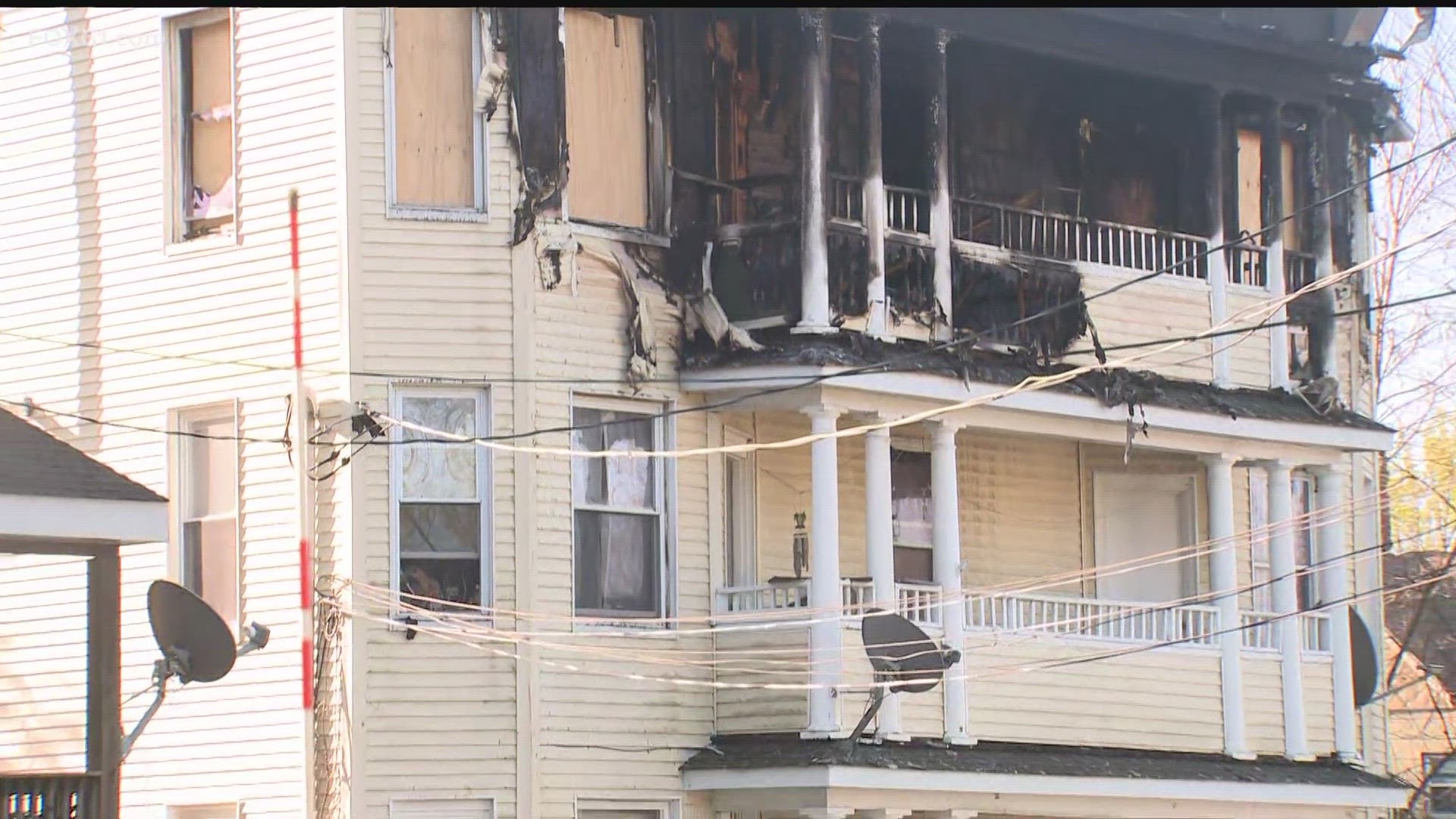ENFIELD - Community outreach efforts are on the rise in response to the significant increase in heroin use and opioid related overdose deaths in Connecticut.
Opioids are a class of drugs prescribed by doctors to reduce patient’s pain. Prescription opioids include oxycodone, oxycontin, morphine, and Vicodin. In a growing number of cases those drugs are linked as a stepping stone to heroin.
Heroin is an illegal opioid. The Center for Disease Control is reporting a significant increase in heroin use by both men and women of all income levels both nationwide and in Connecticut.
In 2015, nearly 730 people in Connecticut died of an accidental drug overdose, with the majority of those deaths involving an opioid. The Office of the Chief Medical Examiner projects that number will reach 888 by the end of 2016.
Those working to lower those numbers say prevention starts with the youth of a community.
“So if we look at people who are struggling with addiction about 90 percent of those started using substances before the age of 21,” Colleen Sullivan, Prevention Coordinator for the North Central Opioid Addiction Task Force, said. Newly founded the task force is a combined effort of representatives from Enfield, Ellington, East Windsor, Somers, Suffield, Windsor, and Windsor Locks.
“How can we increase recovery supports? How can we increase access to treatment? How can we get naloxone into the hands of the community so we can decrease overdose deaths? How can we educate the community to decrease the stigma?” Sullivan explained were some of the questions the task force is currently examining.
Sullivan also works for Enfield’s Youth Services Program, where she focusses on preventing drug use in the community.
“Kids don’t pick up and start using heroin, they’re more than likely going to start using alcohol and marijuana or prescription drugs before they start using heroin,” Sullivan said. She added there is evidence that teens are able to get their hands on prescription pain medication too easily.
“Seventy percent of students, or youth, that report using prescription drugs report getting it from their friends and family,” Sullivan said.
She pointed out that campaigns like the drug take-back boxes located at many local police departments are a much needed addition to prevention efforts and to keeping opioid pills out of the hands of young people.
Sullivan warns there are signs that a youth may be heading to a path of drug addiction.
“So if you notice your youth’s grades start to drop, or their friends start to change, or they become more distant from you, their activities start to change, that’s a sign that something else could be going on,” she said about signals parents, teachers, and coaches should be paying attention to.
Sullivan emphasized that keeping an open line of communication with a teen or young adult is critical to help them become aware of the dangers of opioid use.
“A lot of parents fear that if they start talking about it will make them go and do it, but it actually has the opposite effect,” Sullivan said. She added this conversation with our youth needs to go beyond parents.
“It’s not basically saying that it’s a parent’s problem or a school problem or a police problem, it’s a community issue that we should all be working together on,” She explained.
In addition to outreach efforts there have been recent changes to some of Connecticut’s current laws. In particular, there is now a limit on the amount of opioid drugs doctors are allowed to prescribe to certain patients.
Connecticut has recently been gifted $5 million in federal grant money to increase access to treatment and increase prevention efforts.
The state has also started a phone line, 1-800-563-4086, to better connect someone in opioid addiction crisis to a treatment assessment center. The phone line is run by the Connecticut’s Department of Mental Health and Addiction Services.
There are ways to get help for heroin addiction:
To find a treatment assessment center near you, call 1-800-563-4086.



